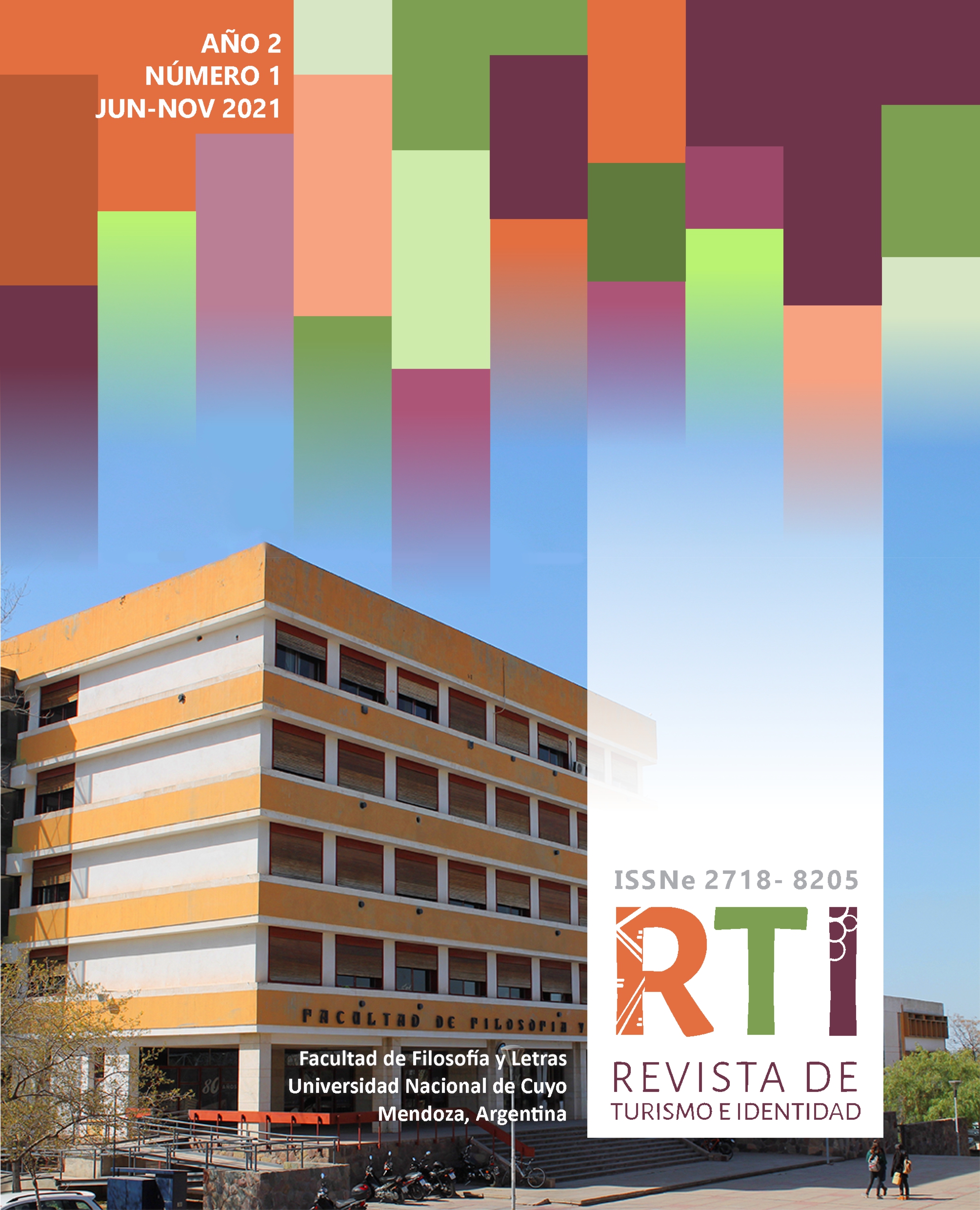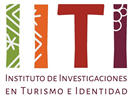Dimensions and reflections on the impact of the covid pandemic on tourism
Keywords:
exclusion, dependency, unemployment, fallacyAbstract
The drop in international travel caused by the coronavirus pandemic invites us to reflect on the explosion of international tourism in the last thirty years, as well as to measure the ongoing crisis in tourism activity. In this sense, an important portion of humanity, counted as subjects or as countries, is excluded from the benefits of tourism and, consequently, does not experience costs because they never made a profit. In contrast, the countries and protagonists of the phenomenon are also identified: those who travel and those who depend on tourism; among the latter, those mainly affected by the health break. Finally, the Argentine situation is presented, characterized by lights and shadows, but mainly for three fallacious advantages.
References
Banco Mundial (BM) (2021). Turismo internacional, recibos (US$ a precios actuales). Recuperado de https://datos.bancomundial.org/indicator/ST.INT.RCPT.CD?most_recent_value_desc=false
Navarro, D. (2010) Imagen turística argentina. Política turística como política exterior, Editorial de la Universidad del Aconcagua, Mendoza. Recuperado de http://bibliotecadigital.uda.edu.ar/ objetos_digitales/210/imagen-turistica-argentina.pdf
Navarro-Drazich, D. (2020). Climate Change and Tourism in Latin America. En Lorenzo, C. (Ed.), Latin America in Times of Global Environmental Change, Springer. https://doi.org/10.1007/978-3-030-24254-1
Navarro-Drazich, D. y Lorenzo, C. (2021). Sensitivity and vulnerability of international tourism by covid crisis: South America in context, Research in Globalization, 3. https://doi.org/10.1016/j.resglo. 2021.100042
Organización Mundial del Turismo (OMT) (2021a). 2020: Análisis del año. Covid-19 y el sector turístico. El turismo antes dela pandemia. Recuperado de https://www.unwto.org/es/covid-19-y-sector-turistico-2020
Organización Mundial del Turismo (OMT) (2021b). 2020: el peor año de la historia del turismo, con mil millones menos de llegadas internacionales. 21.01.2021. Recuperado de https://www.unwto.org/es/ news/2020-el-peor-ano-de-la-historia-del-turismo-con-mil-millones-menos-de-llegadas-internacionales
Organización Mundial del Turismo (OMT) (2021c. Un 87% menos de llegadas de turistas en enero de 2021, mientras la OMT pide mayor coordinación para reactivar el turismo. 31.03.2021. Recuperado de https://www.unwto.org/es/taxonomy/term/347#:~:text=El%20impacto%20devastador%20de%20la,del%20a%C3%B1o%20sigue%20siendo%20incierta
Organización Mundial del Turismo (OMT) (2021d). La OMT insta a emprender la vacunación en los Pequeños Estados Insulares en Desarrollo con miras a reactivar la recuperación del turismo. 26 de marzo. Recuperado de https://www.unwto.org/es/news/la-omt-insta-a-emprender-la-vacunacion-en-los-pequenos-estados-insulares-en-desarrollo-con-miras-a-reactivar-la-recuperacion-del-turismo
Organización de Naciones Unidas (ONU) (2020). Informe de políticas: La COVID-19 y la transformación del turismo. Recuperado de https://www.un.org/sites/un2.un.org/files/policy_brief_covid-19_and_transfor ming_tourism_spanish.pdf
Wolton, D. (2004). La otra mundialización. Los desafíos de la cohabitación cultural global, Gedisa, Barcelona.
World Travel and Tourism Council (WTTC) (2021). Economic Impact Reports. Recuperado de https://wttc.org/Research/Economic-Impact
Downloads
Published
How to Cite
Issue
Section
License
Quienes envíen trabajos a la Revista de Turismo e Identidad, que edita el Instituto de Investigaciones en Turismo e Identidad (IITI) de la Facultad de Filosofía y Letras de la Universidad Nacional de Cuyo (Mendoza, Argentina), otorgan automáticamente licencia no exclusiva y sin límite temporal de su manuscrito a dicha publicación. En consecuencia, como la distribución de la citada Revista no tiene finalidad lucrativa sino académica, el autor (los autores) autoriza(n) a la misma la difusión gratuita en formato impreso y medios electrónicos, tanto en red local como por vía internet.
Se establece que:
- Los/as autores/as conservarán sus derechos de autor y garantizarán a la revista el derecho de primera publicación de su obra.
- Los/as autores/as deben adherir a la Licencia Creative Commons Atribución-NoComercial-CompartirIgual 4.0 Internacional, a menos que se indique lo contrario, mediante la cual el autor permite copiar, reproducir, distribuir, comunicar públicamente la obra sin propósitos comerciales, por cualquier medio o formato. También, se pueden generar nuevas obras derivadas, siempre y cuando se cite y reconozca al autor original y su primera publicación en esta revista.
- Los/as autores/as podrán adoptar otros acuerdos de licencia no exclusiva de distribución de la versión de la obra publicada (p. ej.: depositarla en un archivo telemático institucional o publicarla en un volumen monográfico) siempre que se indique la publicación inicial en esta revista.
- Se permite y recomienda a los/as autores/as difundir su obra a través de Internet (p. ej.: en archivos telemáticos institucionales o en su página web) luego de su publicación, lo cual puede producir intercambios interesantes y aumentar las citas de la obra publicada. (Véase El efecto del acceso abierto).

















